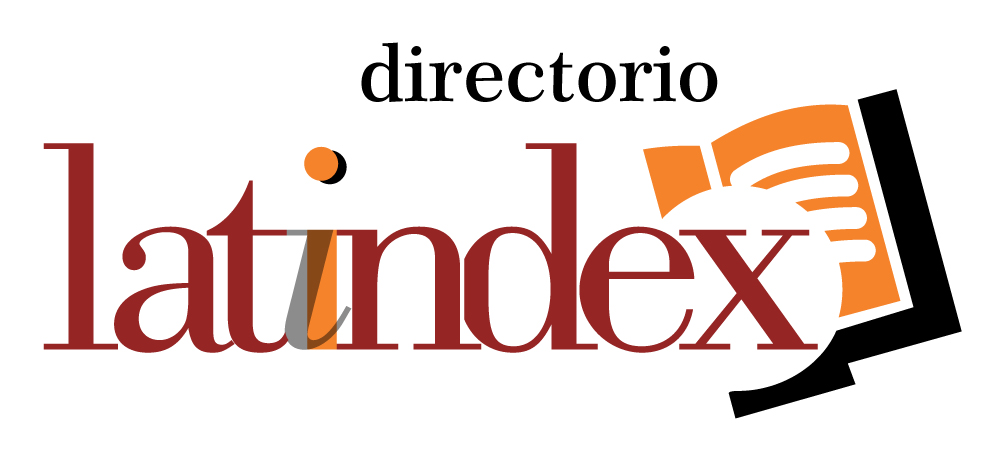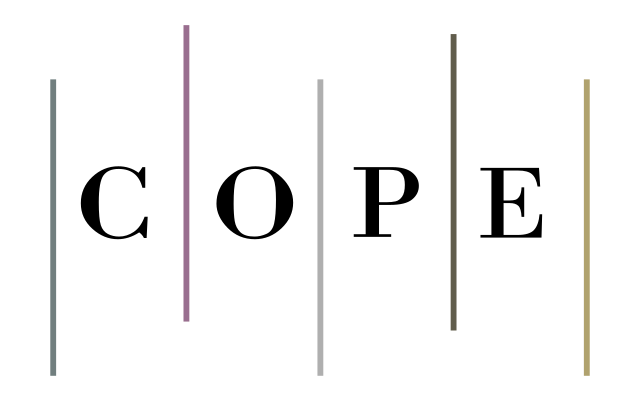The incorporation of the platonic ideia in Schopenhauer’s metaphysical system
Keywords:
Schopenhauer, Metaphysics, Plato, Idea, KantAbstract
This text intends to explain how Schopenhauer incorporates the Platonic Idea into his system, from a reading that assumes Kant's transcendental philosophy, and makes room for the Platonic element to emerge as a constituent part of the metaphysics of the Will. Schopenhauer's thought aims to overcome the limits imposed by criticism. For this philosopher, the ultimate foundation is needed in order to explain reality beyond its phenomenical aspect. The Platonic Idea, as the closest representation of the Will as the thing-in-itself, will be evidenced as an intelligible paradox in the structure of a metaphysics of the irrational.
Downloads
References
ALLISON, Henry E. Kant’s Transcendental Idealism; An Interpretation and Defense . New Haven: Yale University Press, 2004.
BARBOZA, Jair. Schopenhauer: A Decifração do Enigma do Mundo. São Paulo: Moderna, 1997.
BOLTON, Robert. Plato’s Distinction Between Being and Becoming. The Review of Metaphysics, v. 29, n. 1, p. 66-95, 1975.
BONACINNI, Juan Adolfo. Kant e o problema da coisa em si no Idealismo Alemão: sua atualidade e relevância para a compreensão do problema da Filosofia. Rio de Janeiro: Relume Dumaná; Natal: UFRN, Programa Nacional de Filosofia, 2003.
CORNFORD, Francis. MacDonald. Plato’s Cosmology; The Timeuaeus Of Plato Translated With a Running Comentary. Londres: Kessinger Publishing, 1966.
DREHER,Luís Henrique. Schopenhauer, o Idealismo e a Mística. In: SALLES, João Carlos (org). Schopenhauer e o Idealismo Alemão. Salvador: Quarteto, 2004.
FERRARI, Franco. Teoria das Ideias. In: CORNELLI, Gabriele, LOPES, Rodolfo (org). Platão. Coimbra: Imprensa da Universidade de Coimbra, Paulus, 2018.
KAHN, Charles. Plato And The Socratic Dialogue; The Philosophical Use of a Literary Form. Cambridge: Cambridge University Press, 1998.
FRANCO, Irley F. Existe uma Teoria das Ideias “Strito Sensu” nos Diálogos de Platão. Sképsis, 2014.
FRIEDLÄNDER, Paul. Plato: an introduction. Princeton: Princeton Legacy Library, 1973.
HOFFE, Otfried. Immanuel Kant. São Paulo: Martins Fontes, 2005.
KANT, Immanuel. Crítica da Razão Pura. Lisboa: Fundação Calouste Gulbenkian, 1997.
KRAUT, Richard (Org). Platão. São Paulo: Ideias e Letras, 2013.
LEBRUN, Gérard. Kant e o Fim da Metafísica. São Paulo: Martins Fontes, 2002.
NATORP. Paul. Teoria das Ideias: Uma Introdução ao Idealismo. v. I, v. II. São Paulo: Paulus, 2012.
PLATÃO. A República. Belém: Ed.Ufpa. 2011
____. Fédon. Belém: Ed.Ufpa. 2011.
____. Parmênides. Rio de Janeiro. Ed. PUC, 2003.
____. Sofista. São Paulo: Edipro, 2007.
____. Teeteto. Lisboa: Fundação Calouste Gulbenkian, 2015.
____. Timeu-Crítias. Coimbra: Annablume Clássica, 2012.
SAFRANSKI, Rudiger. Schopenhauer e os Anos Mais Selvagens da Filosofia. São Paulo: Geração Editorial, 2011.
SCHOPENHAUER, Arthur. O Mundo Como Vontade e Representação. São Paulo: UNESP, 2005.
____. O Mundo Como Vontade e Representação, Tomo II. São Paulo: UNESP, 2015.
____. Sobre a Quadrúplice Raiz do Princípio de Razão Suficiente. Campinas: Editora da Unicamp, 2019.
VOEGELIN, Eric. Platão e Aristóteles. São Paulo: Loyola, 2009.
Downloads
Published
How to Cite
Issue
Section
License
Copyright (c) 2024 Jefferson Silveira Teodoro

This work is licensed under a Creative Commons Attribution-NonCommercial-NoDerivatives 4.0 International License.









